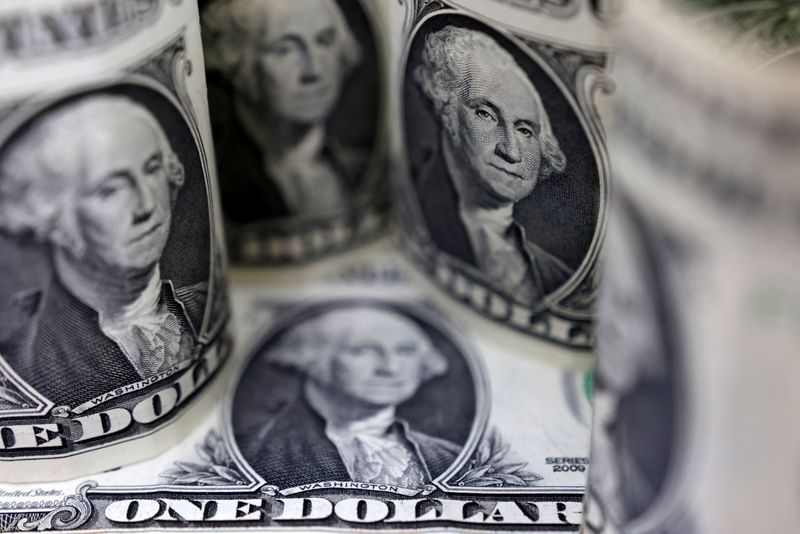
Foreign exchange markets appear to be complacent ahead of the deadline on U.S. tariffs, according to Bank of America (NYSE:BAC) Securities, after recent U.S. dollar buying.
“We believe tariffs on selective products are what markets expect, but across-the-board tariffs will be a negative surprise. While high tariffs are likely to eventually hurt the US economy more than the rest of the world, global risk-off could still support the USD short-term,” said analysts at Bank of America Securities, in a note dated April 2.
“On the other hand, we would expect the USD to weaken if tariffs are benign, or markets expect negotiations to bring them down.”
To position for market complacency while avoiding USD uncertainty, the U.S. bank went tactically short EURGBP this week, as the EU could be more at risk to face high U.S. tariffs than the U.K., while GBP can benefit from April seasonality.
The direct FX impact of US tariffs is not straightforward, BofA said. In theory, a U.S. tariff on another country should support the USD by reducing the demand for imports from that country. Retaliation could offset at least some of this impact, with the net effect depending on the relative size of these two economies, their bilateral trade balance and relative trade elasticities.
In this case, however, reciprocal U.S. tariffs against the rest of the world, with retaliation, could end up being negative for the USD – the U.S. may be the largest economy in the world, but it is still small compared with the rest of the world, about a quarter of world GDP.
“We would also expect the long-term implications of a substantial increase in US trade protection to be negative for the U.S. economy and, as a result, for the USD,” said Bank of America Securities.